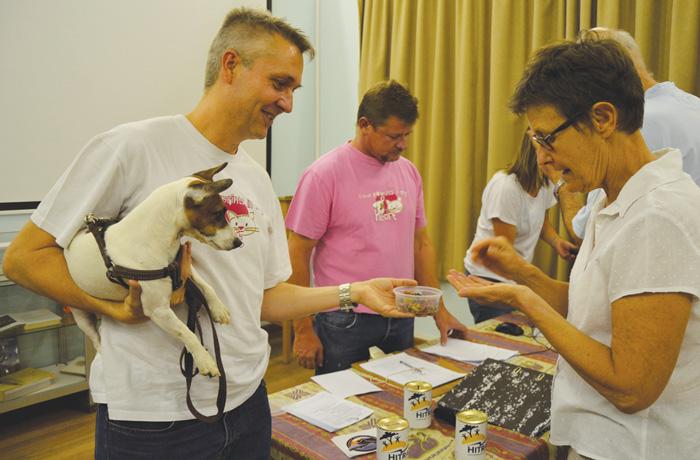
US Aids coordinator in Namibia
The United States Embassy this week announced the visit of the United States Global AIDS Coordinator, ambassador Eric Goosby. He arrived in Namibia on Wednesday and departs again over the weekend.
In his role as the Global AIDS Coordinator, Ambassador Goosby leads all US government international HIV/AIDS efforts, which includes overseeing the implementation of the US President’s Emergency Plan for AIDS Relief (PEPFAR), as well as the US government engagement with the Global Fund to Fight AIDS, Tuberculosis and Malaria. He also leads the new Office of Global Health Diplomacy at the US Department of State.
During his visit, Ambassador Goosby will pay a courtesy call to President Hifikepunye Pohamba, as well as meet with Minister of Health and Social Services, Hon.Richard Kamwi and other officials engaged in Namibia’s HIV/AIDS response. The purpose of these meetings is to review US and Namibian cooperation on HIV/AIDS intervention programmes, and discuss the development of other potential strategic health partnerships. Ambassador Goosby will also have the opportunity to meet with a range of local stakeholders in the fight against HIV/AIDS, including PEPFAR funded NGOs and medical professionals. These meetings allow the Ambassador to learn first hand how the US government can best partner with the Government of Namibia on the treatment and prevention of HIV/AIDS. At these meeting, the gradual shift from the US as financing partner to technical assistance partner, is also on the itinerary.
Goosby is scheduled to consult with US Mission personnel on how US resources should be focused to ensure that Namibia will have the body of country-specific data, technical capacity, human resources and coordinating mechanisms required to direct and execute an HIV programme that reflects the nation’s priorities, consistent with reduced donor funding.
Ambassador Goosby has over 25 years of experience with HIV/AIDS, ranging from his early years treating patients at San Francisco General Hospital when AIDS first emerged to engagement at the highest level of policy leadership. During the Clinton Administration, he served as Deputy Director of the White House National AIDS Policy Office and Director of the Office of HIV/AIDS Policy of the US Department of Health and Human Services. He has played a key role in the development and implementation of HIV/AIDS national treatment scale-up plans in South Africa, Rwanda, China and Ukraine. He has a special interest in the scale-up of sustainable HIV/AIDS treatment capacity, including the delivery of HIV anti-retroviral drugs, within existing healthcare systems.











































